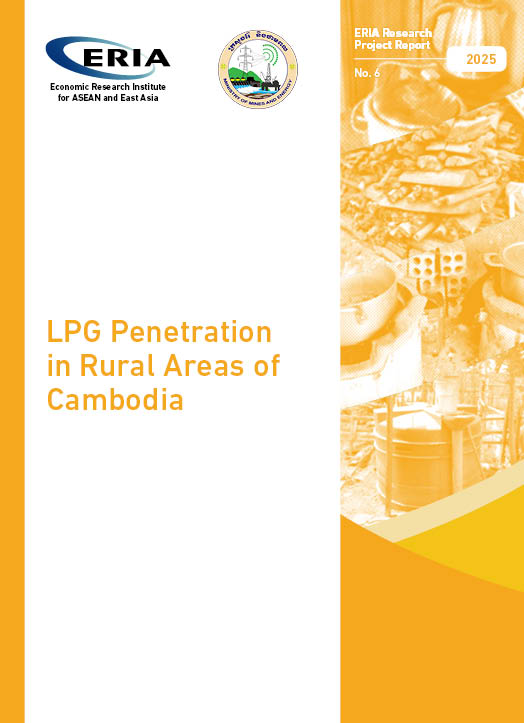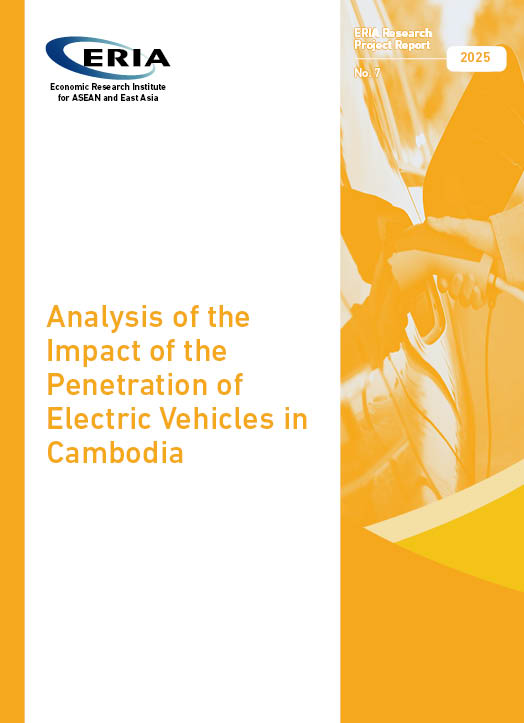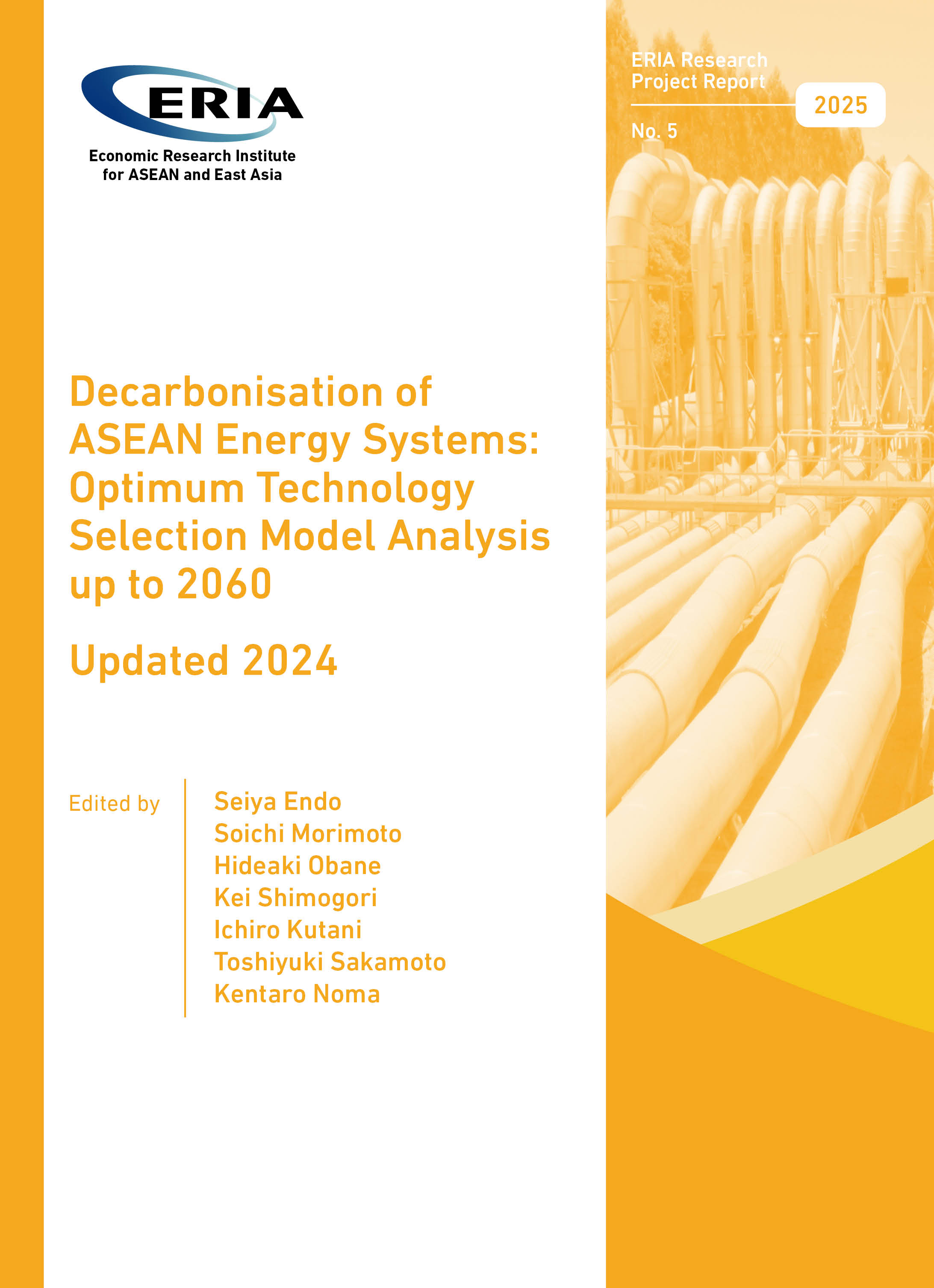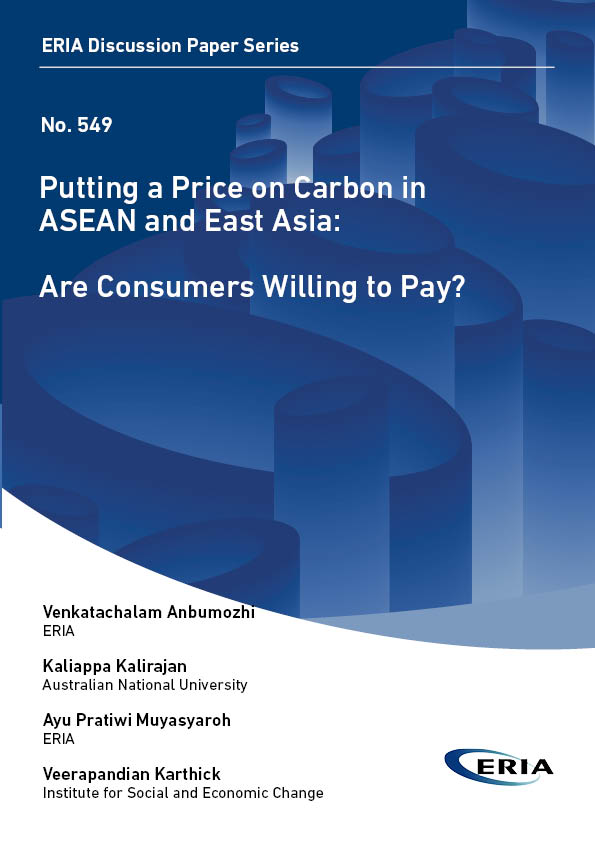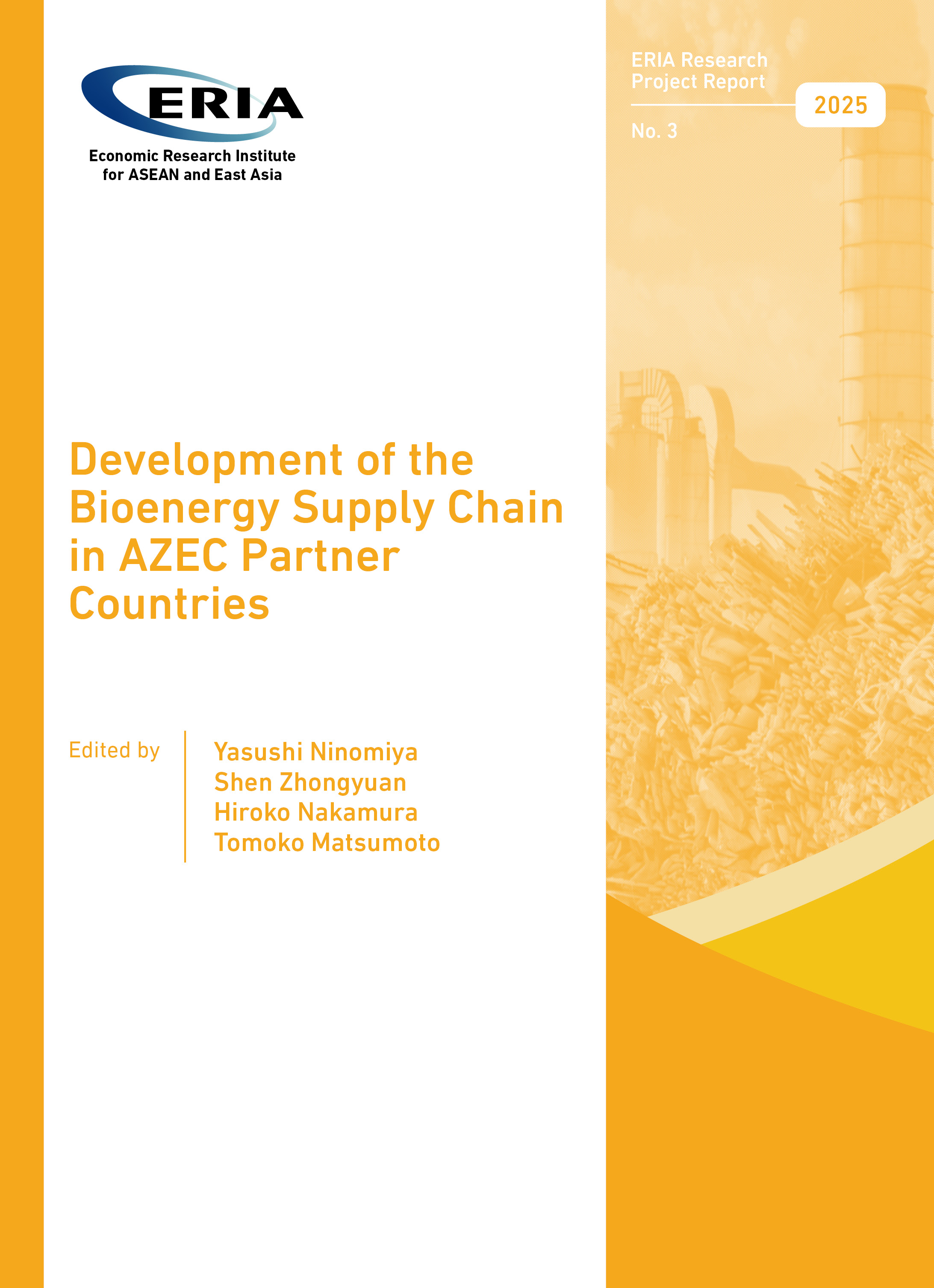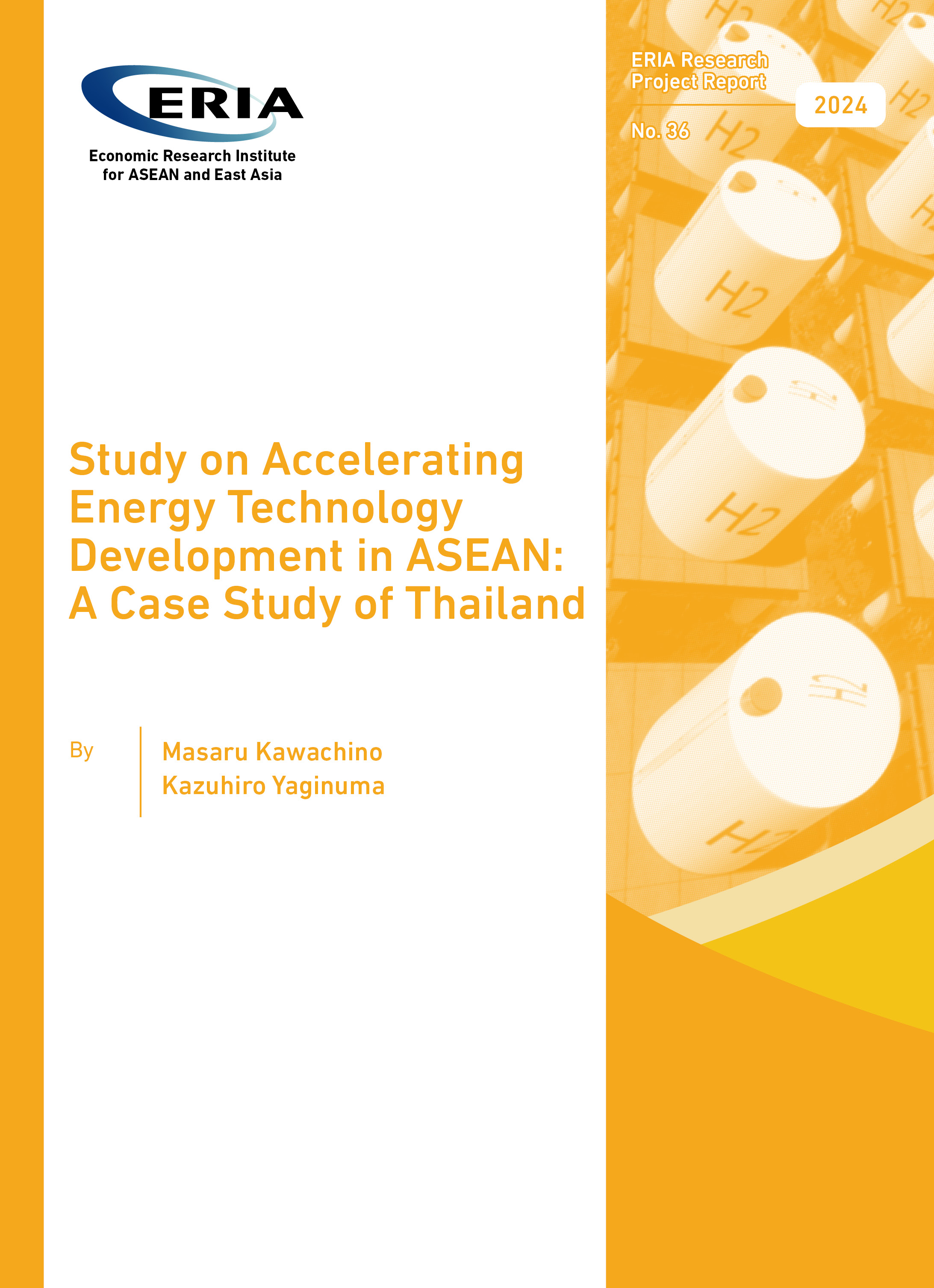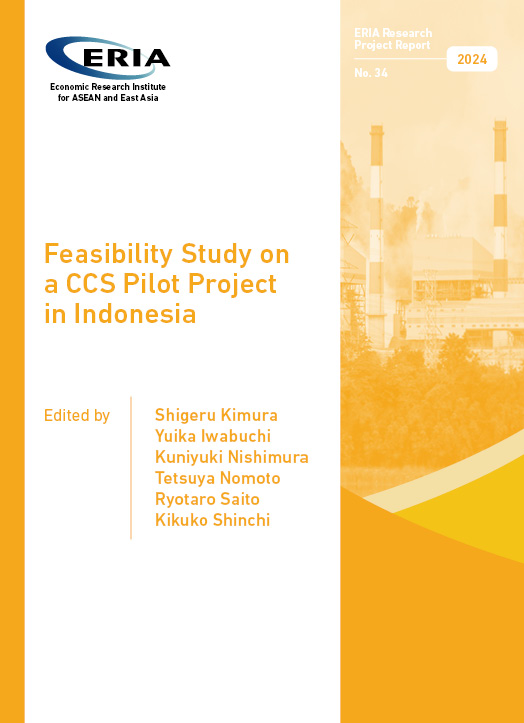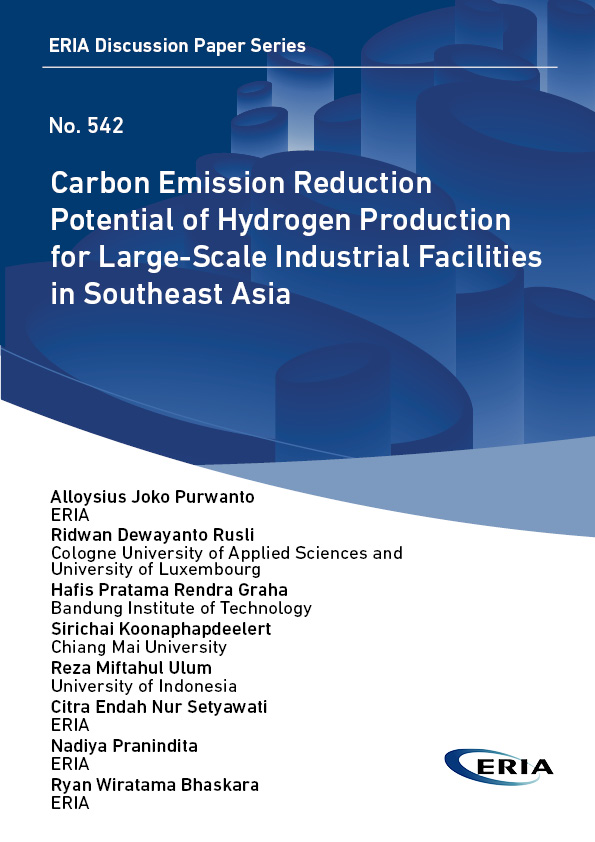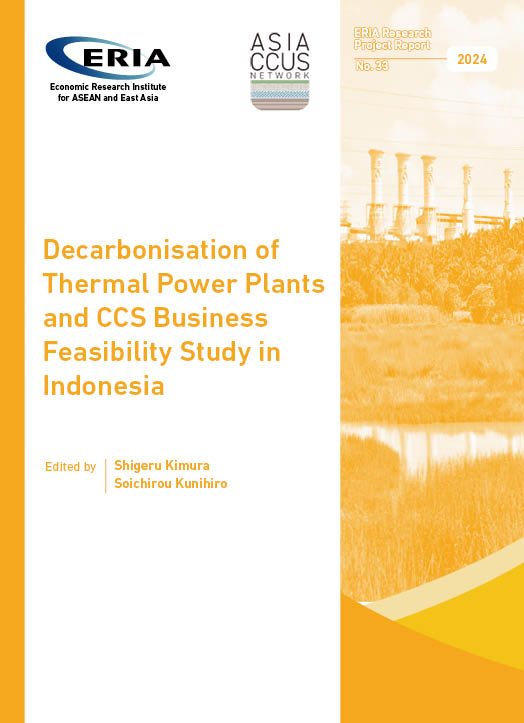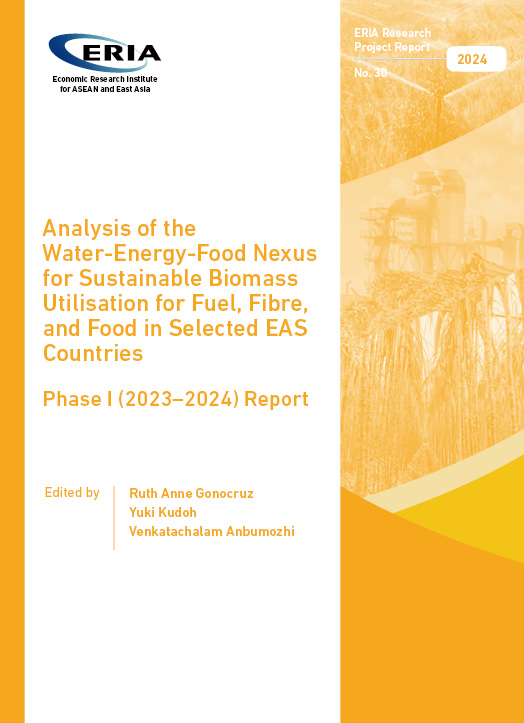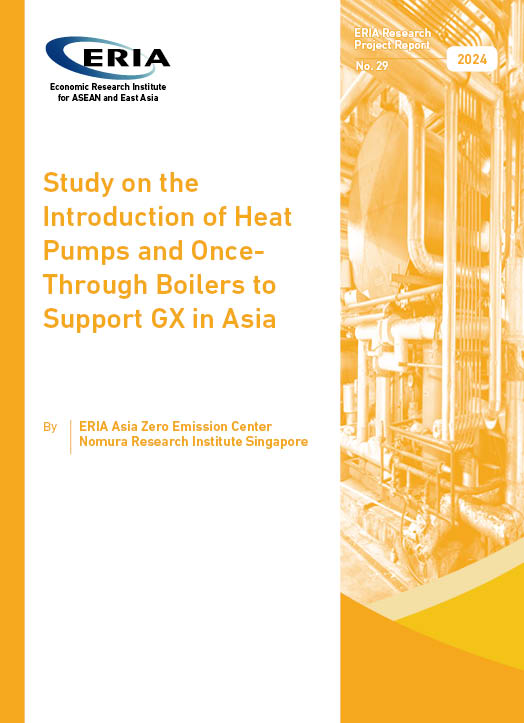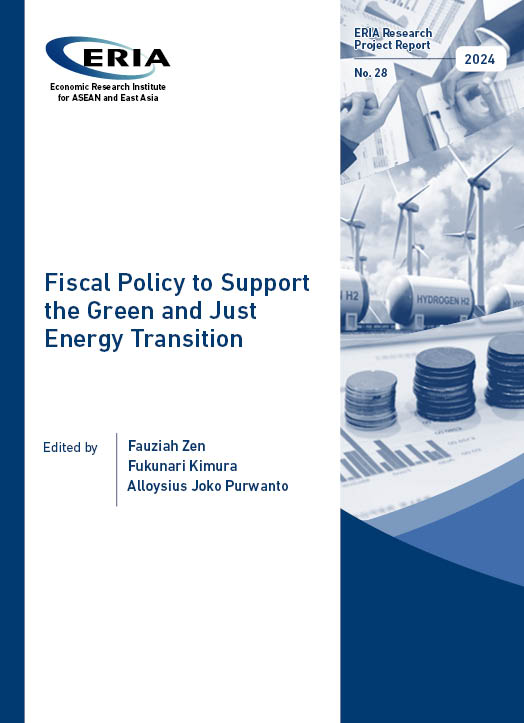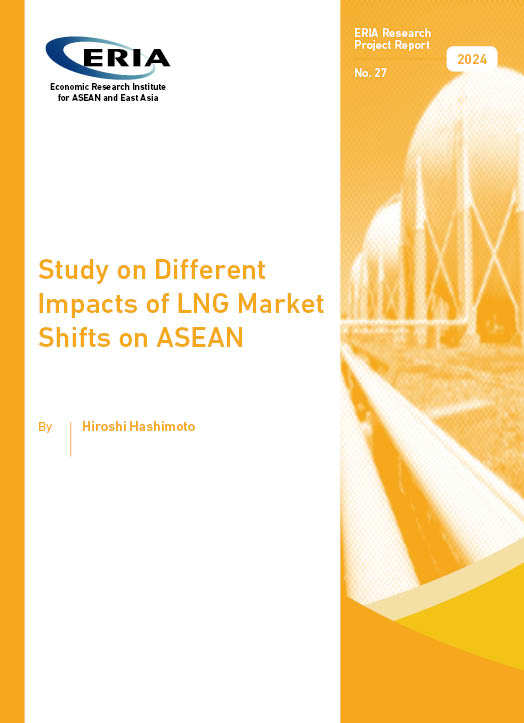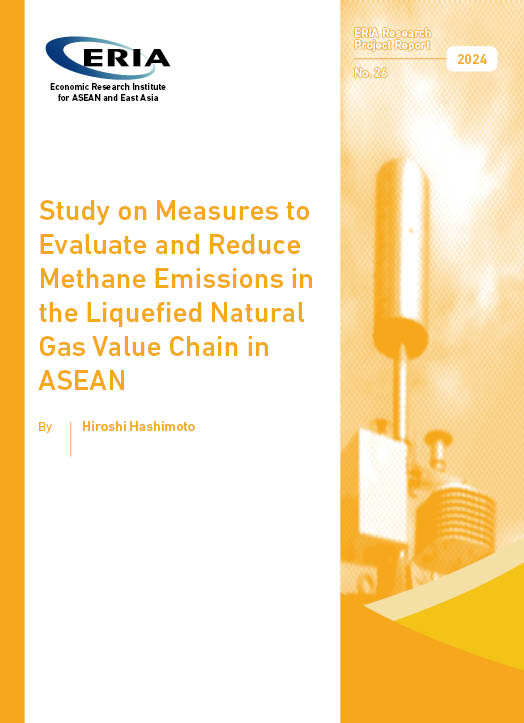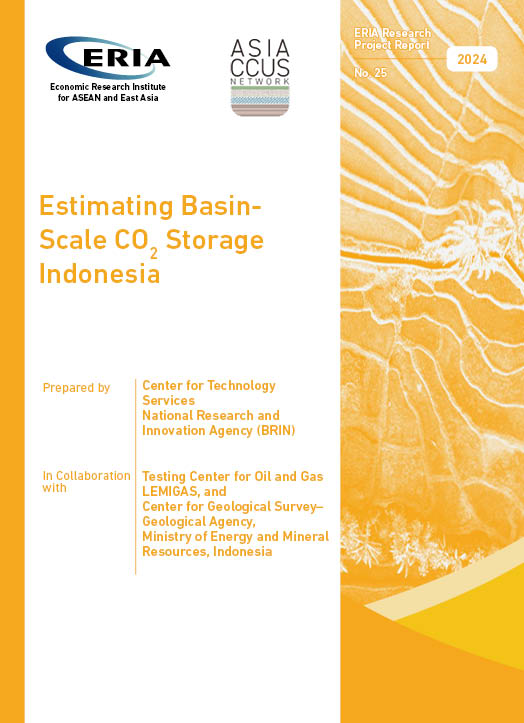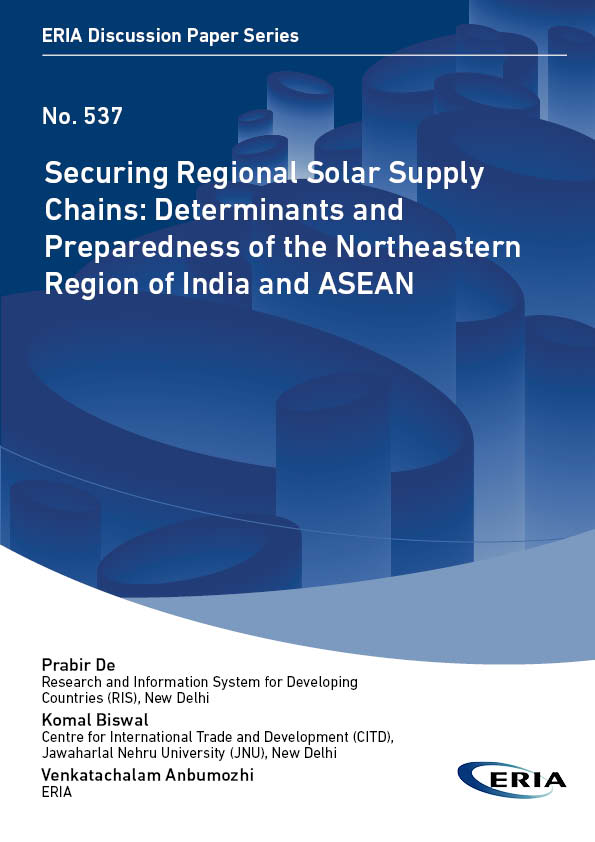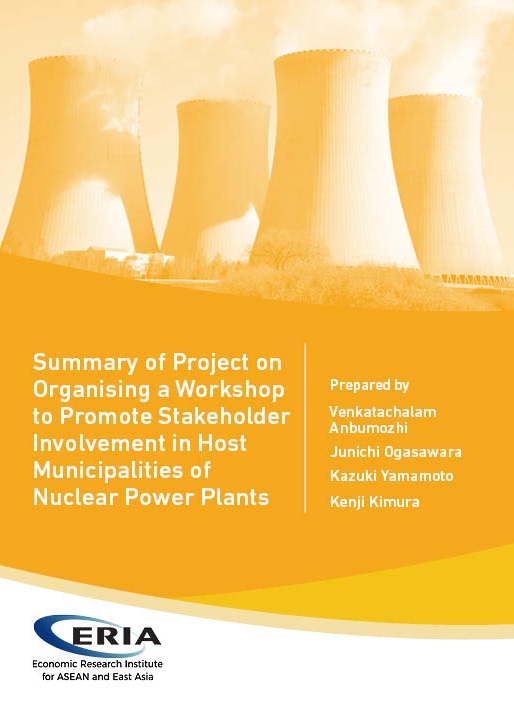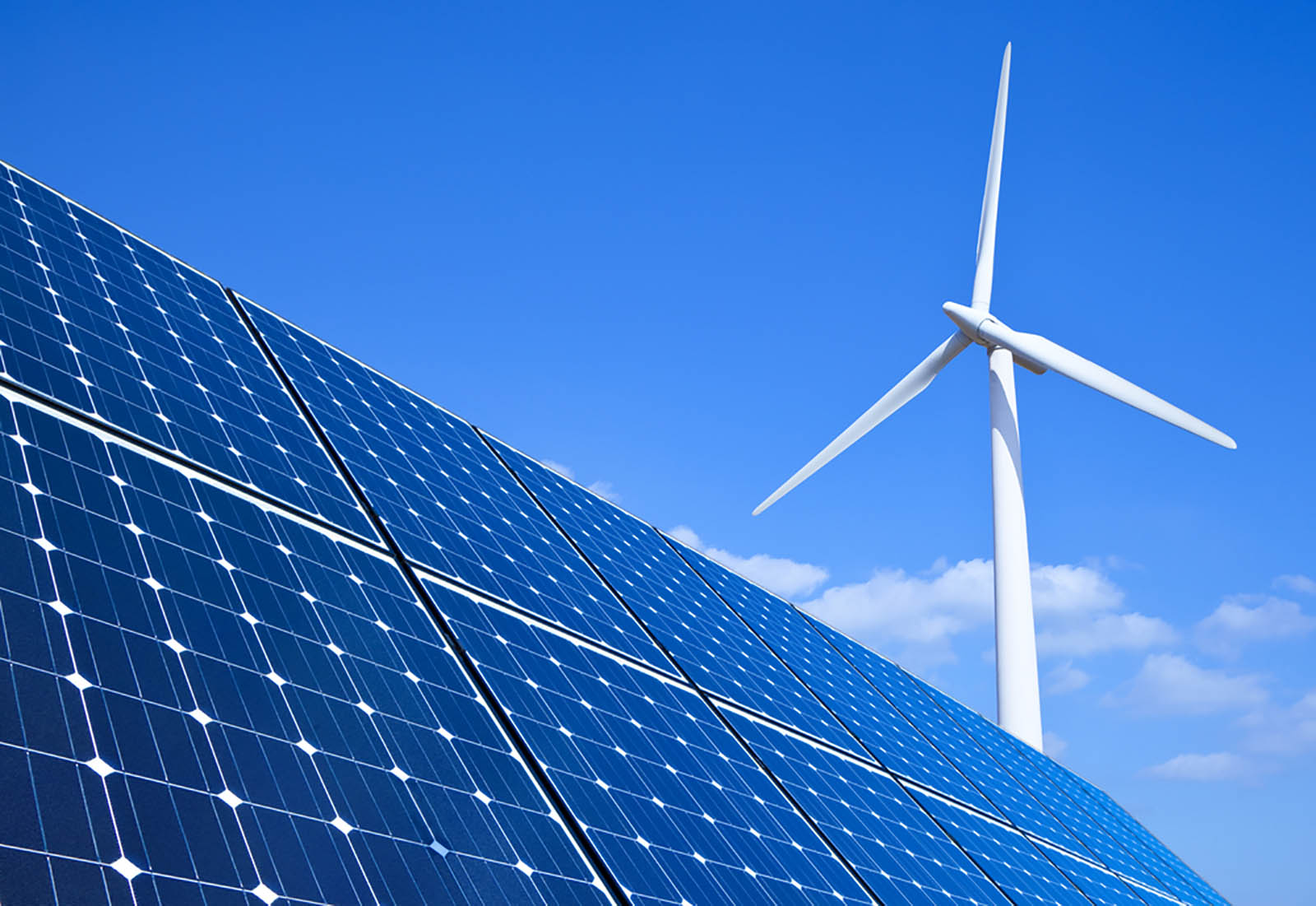
Research
Energy Conventional Energy | Renewable Energy | Energy Outlook | Energy Mix | Energy Statistics
According to ERIA’s research, the amount of energy consumption in this region will practically double in 2040. Therefore, conventional energy may still be used by most ASEAN and East Asian countries to satisfy the growing energy demand, with efforts to reduce the environmental impact and to gradually increase the use of renewable energy. ERIA produces annual research on energy outlook and energy saving potential in East Asia to look at the balance of energy best-mix based on each country’s policy and targets, as well as to predict the pattern of future energy consumption.
Some of ERIA's studies on renewable and clean energy includes projects on biomass energy utilisation, nuclear energy safety and efficiency, energy saving, energy security, eco town, low carbon emission, and power generation. Furthermore, ERIA have also contribute suggestions on energy policy, energy market integration, emission regulation, as well as country specific energy consumption statistics.


